In the report, World Bank Deputy Managing Director Guangzhe Chen said the world is witnessing "a recent slowdown in global electrification."
There are about 675 million people worldwide without access to electricity, mostly in sub-Saharan Africa.
In a report released on June 6 by the International Energy Agency (IEA), the International Renewable Energy Agency (IRENA), the United Nations Statistical Commission, the World Bank (WB) and the World Health Organization (WHO), despite efforts and some progress, the world continues to face a large gap in energy access.
The report also warns that the world is still not on track to ensure access to clean and affordable energy for all by 2030 - one of the sustainable development goals set by all United Nations members in 2015.
In the report, World Bank Deputy Managing Director Guangzhe Chen said the world is witnessing "a recent slowdown in global electrification."
Additionally, the report notes, while the number of people living without electricity has halved over the past decade, the number remains high, at around 675 million in 2021.
The report also highlighted some progress in many regions, particularly where renewable energy use has increased. But it said this progress was “not enough” to meet the UN’s targets.
“While the clean energy transition is happening faster than many think, much remains to be done to provide sustainable, safe and affordable access to modern energy services for those living without electricity,” said IEA Executive Director Fatih Biro.
Citing IRENA data, the report also warned that public funding for clean energy in poor countries has fallen to levels lower than before the COVID-19 pandemic.
Meanwhile, WHO says 3.2 million people die every year from diseases caused by dirty fuels and technologies.
In the report, WHO Director-General Tedros Adhanom Ghebreyesus emphasized: "We must act now to protect the next generation. Clean technologies and reliable energy sources in health care facilities can play an important role in protecting the health of people in vulnerable areas."./.
Mr. Hien (Vietnam News Agency/Vietnam+)
Source link



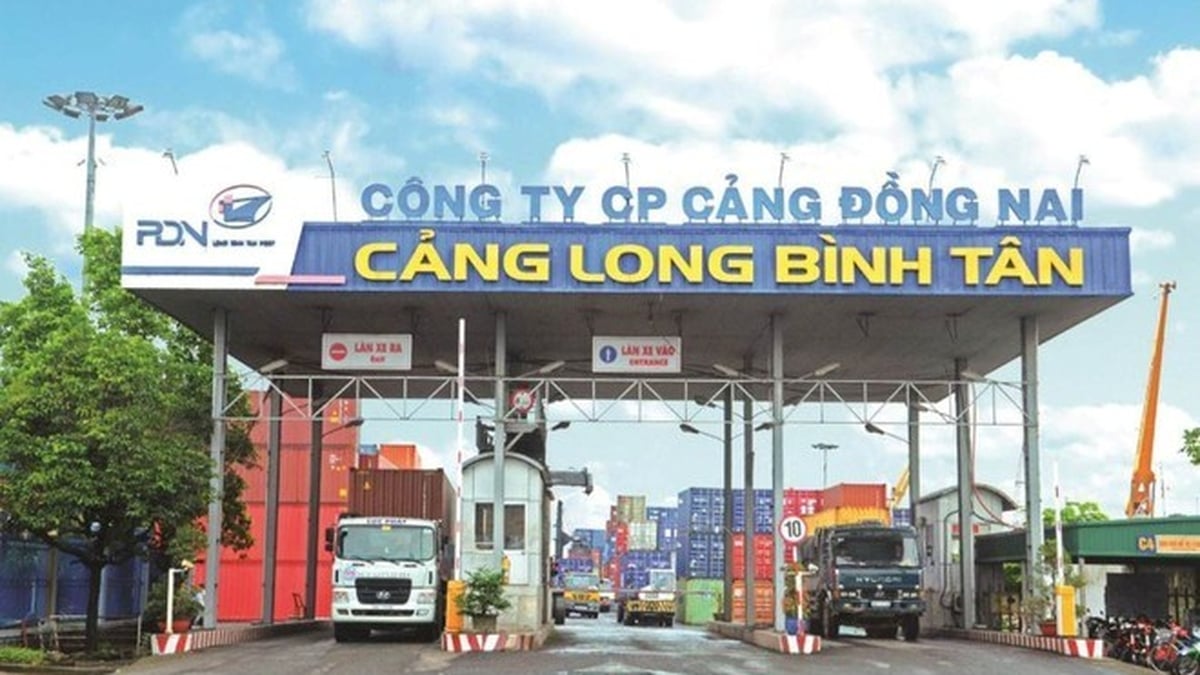

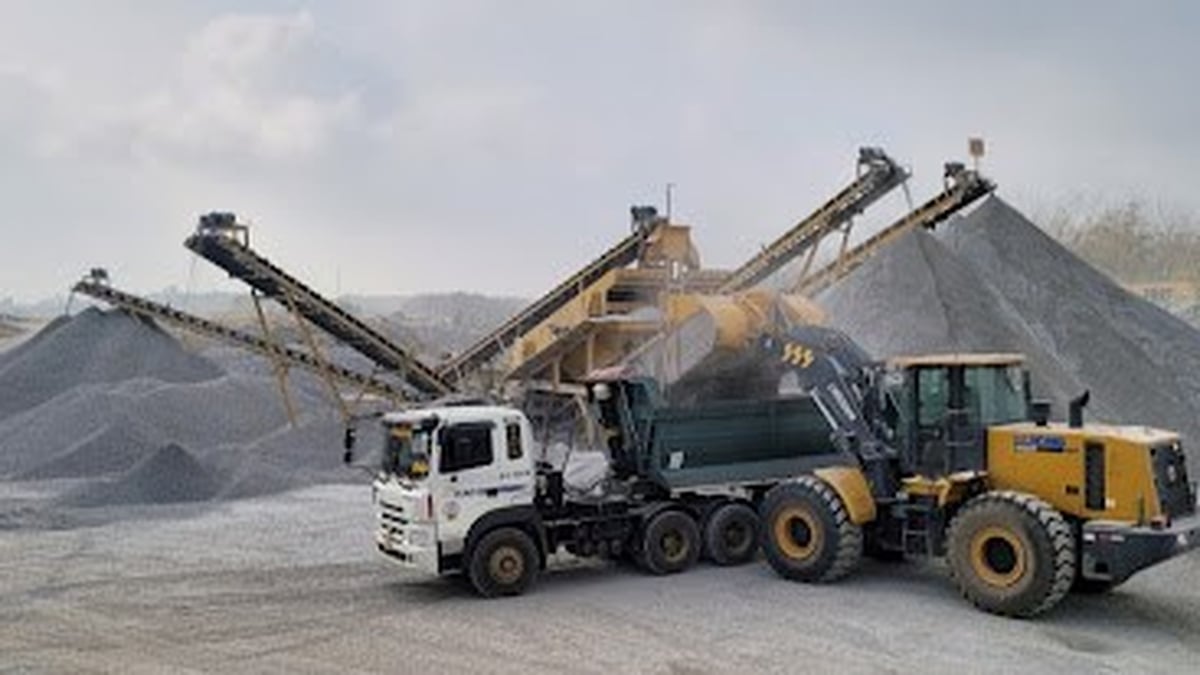

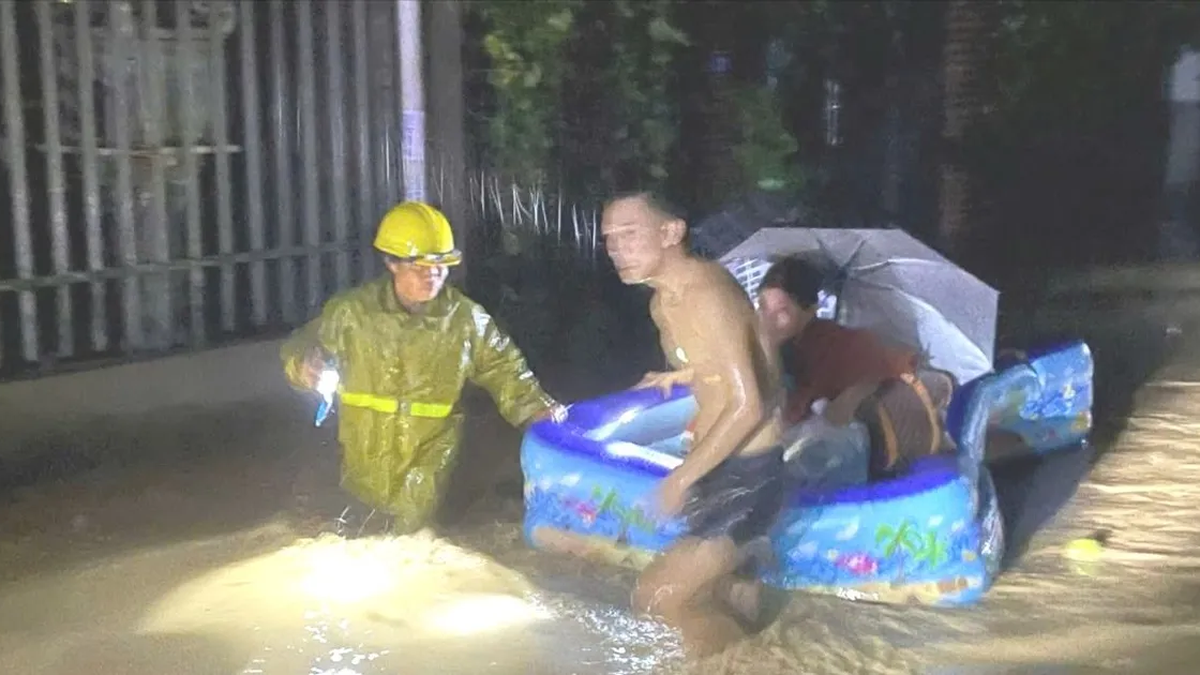
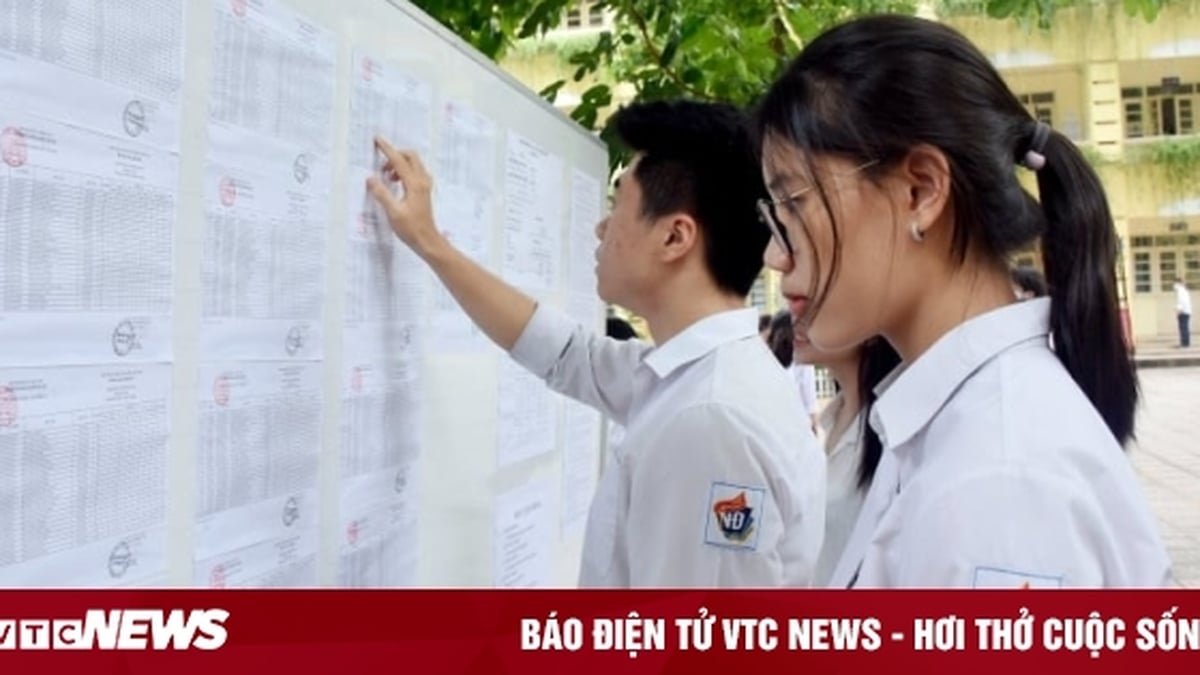

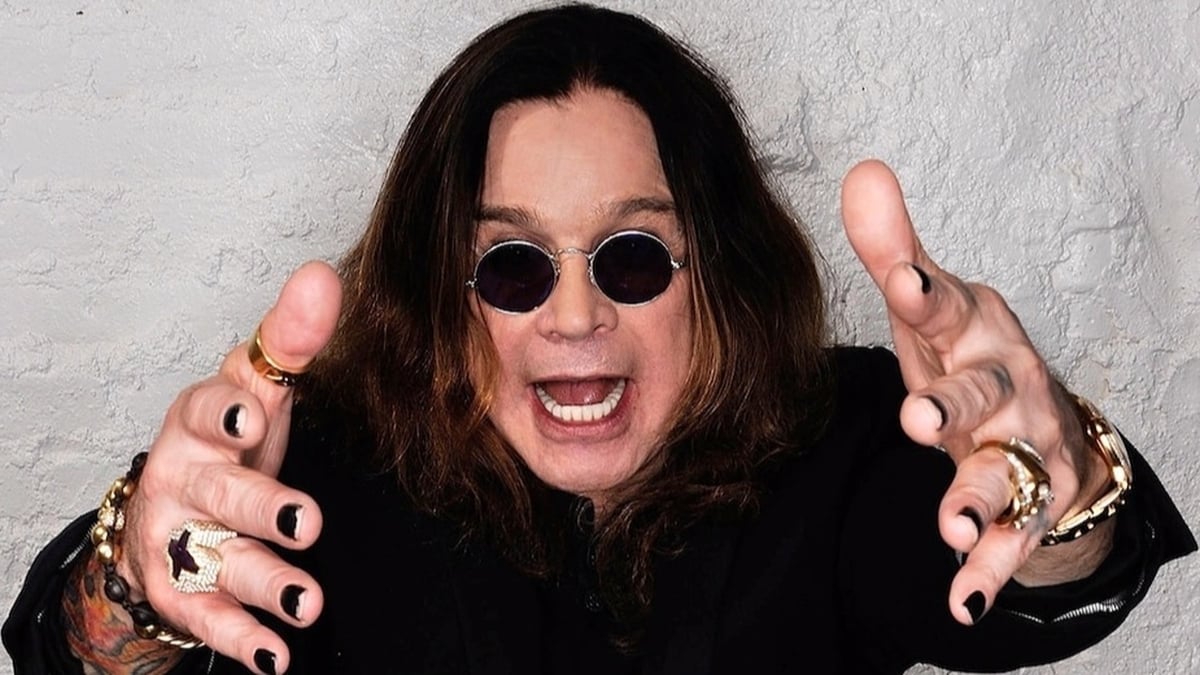



















































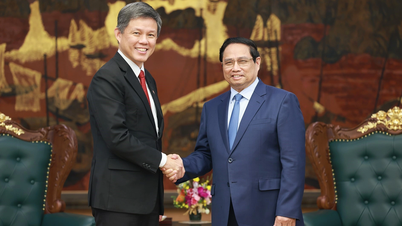
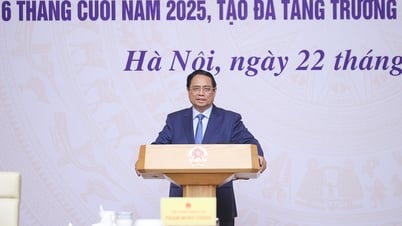
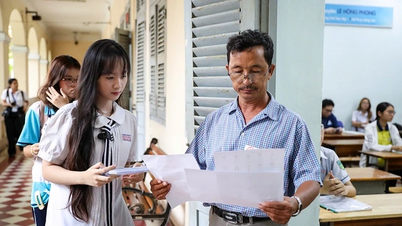


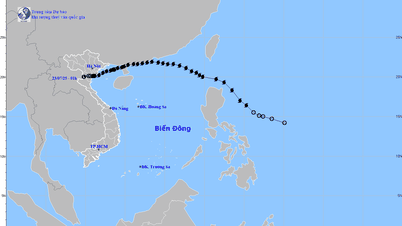


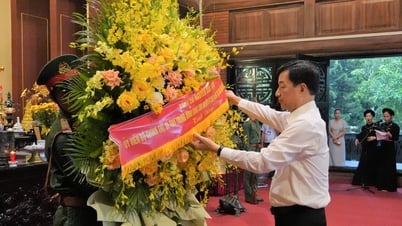

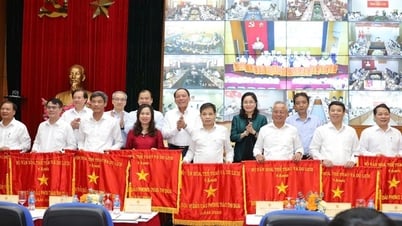


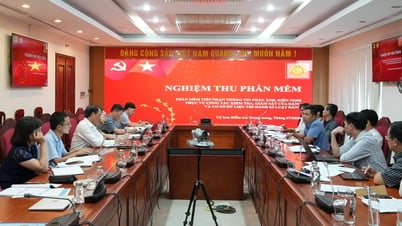

























Comment (0)